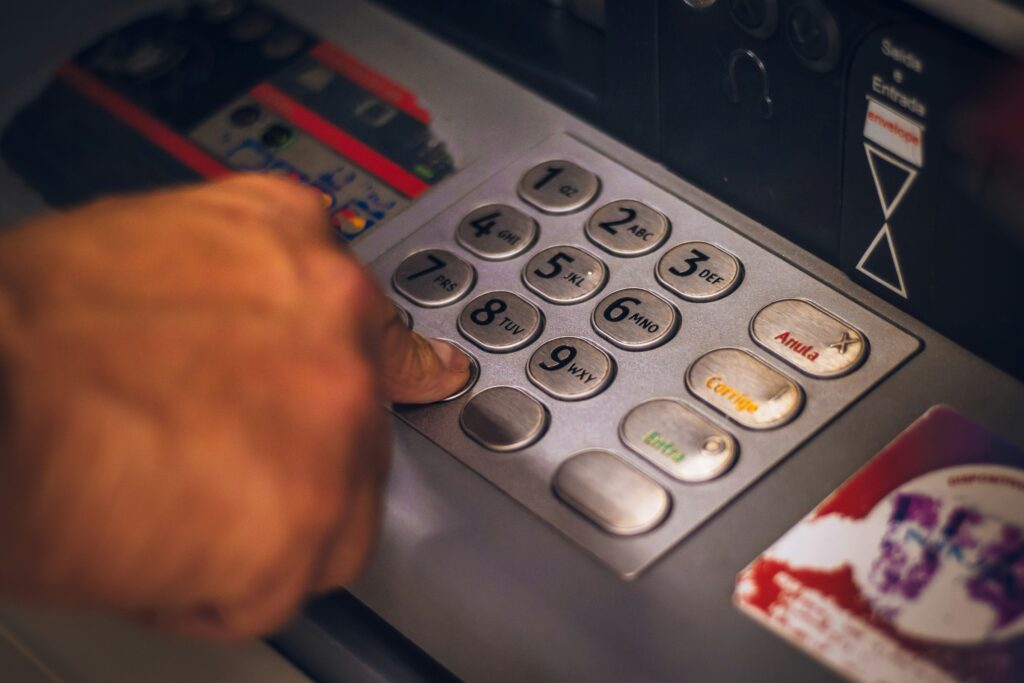Loans for Blacklisted in South Africa
The world of finance can be daunting, but if you are one of the South Africans who are blacklisted, accessing finance and credit can be even more difficult. It can have a serious impact on your prospects. So, where does that leave you? Don’t despair. Blacklisted loans are available in South Africa. In this guide, you will find the answers to all the questions you might have about blacklisted loans, from what it means to be blacklisted to how to manage your blacklisted loan and protect or rebuild your credit record.




